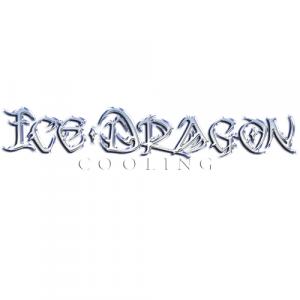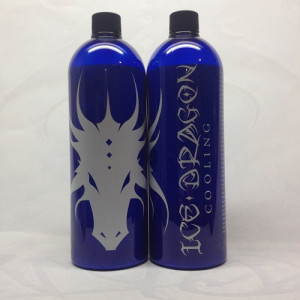About Company
Beginning in 2007, research for the U.S. Air Force through the University of South Carolina’s Mechanical Engineering Department investigated the potential of nanofluids for removing the higher heat load from upgraded aircraft electronics. The two researchers, Dr. Andrew Hayes and Dr. Dale McCants, went on to found Ice Dragon Cooling in 2010. Since then, Ice Dragon Cooling has focused primarily on the development of thermal fluids, such as nanofluids. Our
Beginning in 2007, research for the U.S. Air Force through the University of South Carolina’s Mechanical Engineering Department investigated the potential of nanofluids for removing the higher heat load from upgraded aircraft electronics. The two researchers, Dr. Andrew Hayes and Dr. Dale McCants, went on to found Ice Dragon Cooling in 2010. Since then, Ice Dragon Cooling has focused primarily on the development of thermal fluids, such as nanofluids. Our state-of-the-art nanofluids are engineered to have superior thermal transport over their base fluids and transfer energy more efficiently.
Ice Dragon Cooling engineers nanofluids for a variety of markets, including computer and HVAC applications; and they are currently developing fluids for the large bearing market, as well as for cars and large trucks. For computer cooling, Ice Dragon provides greater thermal headroom to keep chips cooler and with less energy consumption than water or other fluids on the market. Ice Dragon Cooling also has a significant focus on hydronic HVAC systems. Years of development and testing have successfully yielded a nanofluid that saves a significant amount of energy and costs in the thermal management of buildings. This nanofluid stands to make a large impact on the carbon footprint of buildings through the reduction in CO2 emissions from the subsequent energy it saves.
We also provide viscosity and thermal conductivity testing of fluids through our lab. Feel free to contact us with any questions about these services or for questions about development of a thermal design for your application.


